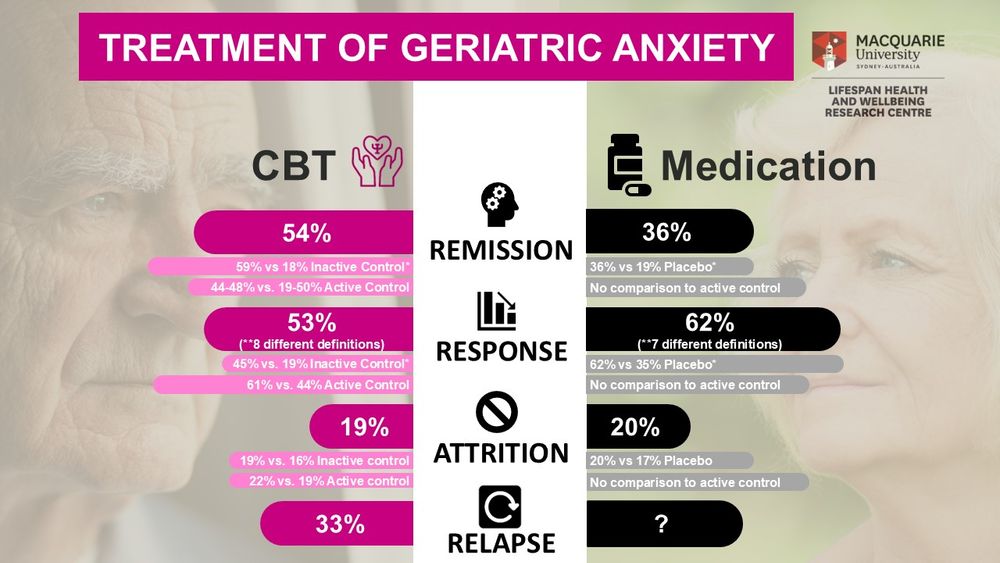A/Prof Carly Johnco
@carlyjohnco.bsky.social
83 followers
230 following
15 posts
A/Prof and Clinical Psychologist at Macquarie University, Australia. Deputy Director at Macquarie University Lifespan Health and Wellbeing Research Centre. Researching mechanisms and treatment of #anxiety in #children and #older adults. #geropsych
Posts
Media
Videos
Starter Packs




